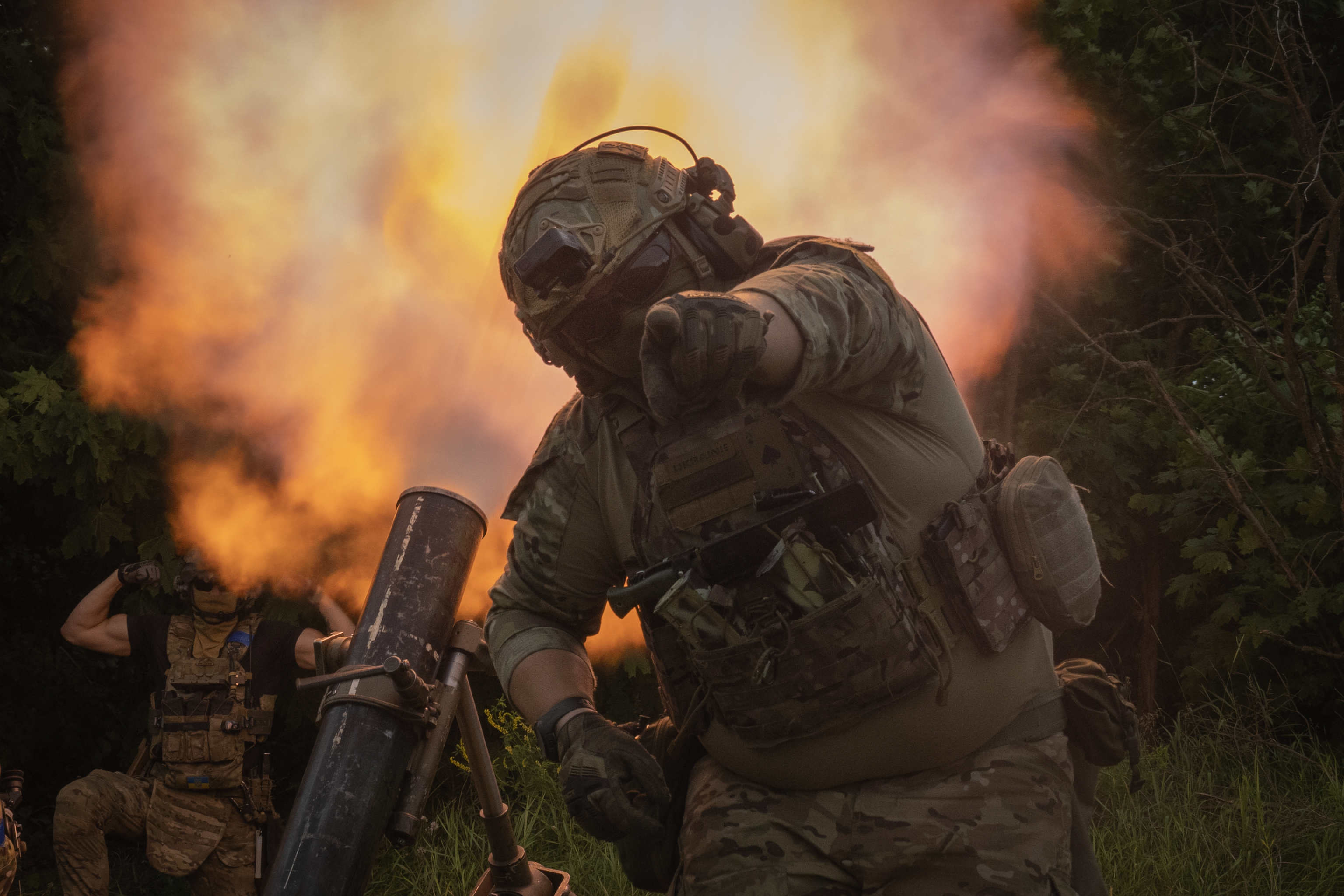On February 18, 2025, days before the third anniversary of the Russian invasion of Ukraine, Marco Rubio, U.S. Secretary of State, and Sergei Lavrov, Russian Foreign Minister, met for the first time in Saudi Arabia. The goal, for Donald Trump, was to "stop the killing." Since then, we have witnessed a embarrassing quarrel in the Oval Office, the U.S. offering a material victory to Putin that the Russian autocrat had not achieved on the battlefield, ceasefire treaties signed with both sides stating the opposite, and even different documents about the same meeting depending on whether it is published by the Kremlin or the White House.
No one knows the exact time when the ceasefires start, who monitors their compliance, or what protocols need to be followed to return to a ceasefire if it breaks at a certain point on the front line. There is no rapporteur to record the discussions or ensure transparency. These peace negotiations between Ukraine and Russia promoted by the Trump Administration are on track to become the most chaotic and disastrous of the century so far. So far, the lack of results is evident: the attacks not only do not stop but increase every day. If there was a real possibility of stopping the war, it is fading day by day. Meanwhile, the Kremlin gains time, and Trump loses it with a team that shows the same zeal in negotiations as in creating groups on Signal to decide battle plans with a journalist present.
The issue began with two Russian refusals to accept a 30-day total ceasefire on the front line, which was Trump's initial proposal. Putin then agreed to negotiate only an energy ceasefire (to preserve its battered refineries). In the final document, the White House boasted of Russia's willingness to achieve peace and spoke of an agreement to safeguard "the energy system and infrastructure." However, in the Moscow version of the conversation between Putin and Trump, there was only one reference to "energy infrastructure". Was it a translation error or intentional confusion?
Since no one was informed of when this ceasefire would begin, and the boundaries were unclear, both sides violated it that same night. Since then, Russia has launched waves of drones against this same Ukrainian infrastructure up to 17 times.
Last Sunday, the U.S. met with the Ukrainian delegation in Riyadh. In that meeting, conditions with which Washington agreed were agreed upon for the second part of the negotiation without the energy ceasefire being finalized: the maritime ceasefire. The negotiation discussed the prohibition of attacks on port structures on both sides and the return of thousands of Ukrainian children deported from the occupied areas to the interior of Russia. One day later, on Monday, the U.S. delegation met with the Russian delegation, with whom they reached an agreement on a ceasefire in the Black Sea completely different from the Ukrainian one, which no longer mentioned the kidnapped children or ports. The Ukrainian delegation felt cheated instantly.
In this latest chapter, the surreal Black Sea ceasefire was based on a condition from Russia that the U.S. negotiating team conceded, but that is not even under Washington's control: the reconnection of Rosselkhozbank to the Swift system, which effectively ends one of the sanctions imposed by the West, in addition to the commitment to help Moscow return to agricultural export markets. The problem is that to reintegrate this entity into the Swift system, the U.S. needs the European Union, the same entity that both Washington and Moscow had excluded from the negotiations with a mix of humiliation and indifference.
Yesterday, both Brussels through its spokespeople and Macron himself refused to offer Russia any reconnection to the Swift system "until Russia leaves Ukrainian territory." In other words, the Trump negotiating team agreed to a ceasefire that was stillborn.
Trump's strategy, eager to portray himself as a peacemaker, was to have these gradual ceasefires lead to a historic peace agreement that would even make him a contender for the Nobel Peace Prize. Foreign Affairs magazine published yesterday that "Trump was never a great admirer of Zelenski, but after the February 12 call with Putin, he began echoing Russian arguments, calling Zelenski a 'dictator' and expressing concerns about corruption in Ukraine. The Russian leader, a former KGB recruitment officer, seems to have discovered how to manipulate Trump's ego to adopt the Kremlin's perspective."
The fact that the referee of these negotiations is so blatantly biased could derail the process with the Ukrainians walking away from the table. Kiev may be exhausted from years of war, but its population is proud, and its politicians can accept a certain level of losses, but not humiliation or a condemnation to leave the country as a failed state or under Russian control. If that is what was secretly cooked up between the White House and the Kremlin, the Ukrainians will leave, and Europe will support them.
As an example, a leaked document appears to be a rewrite of the agreement on the exploitation of so-called "rare earths," which now covers all mineral and hydrocarbon resources, leaving Ukraine without security guarantees and outside any control of its own resources. It is unlikely that Zelenski, no matter how cornered he is, will sign that.
